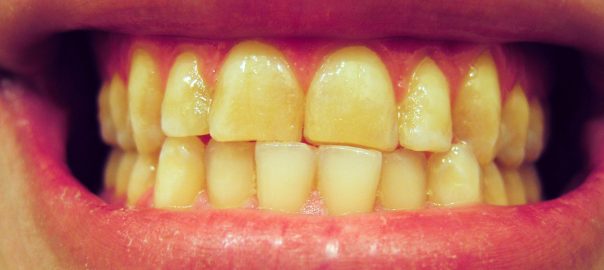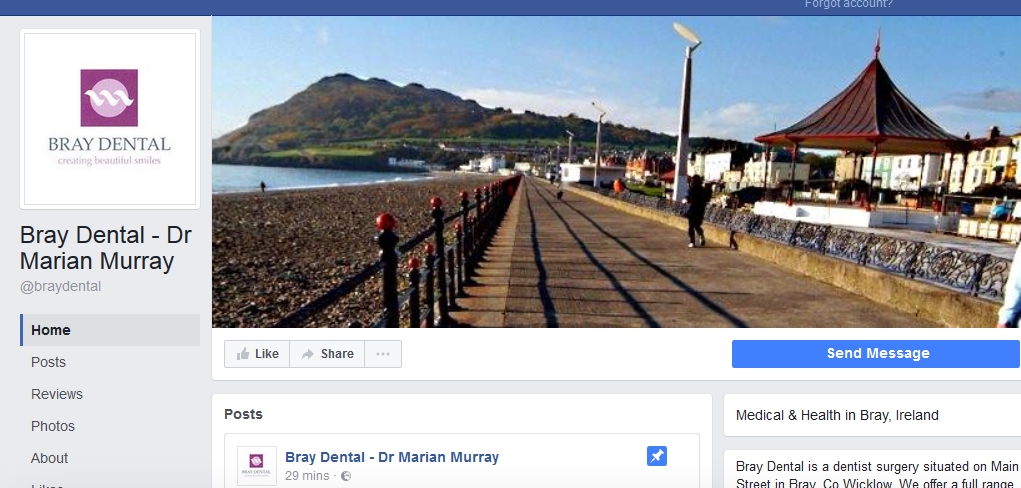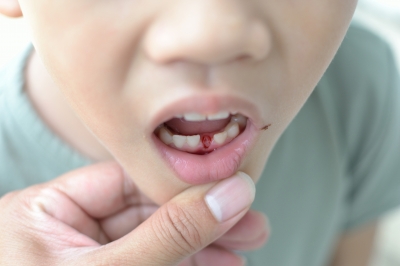You may find that you clench or grind your teeth, although most people who do aren’t aware of it. Sometimes it can be caused by anxiety. You may wake up in the morning with a stiff jaw or tenderness when you bite together. This could be due to you clenching or grinding in your sleep.
If your jaw is in the wrong position, the muscles that move the jaw have to work a lot harder and can get tired. This leads to muscle spasm. The main symptom are:
- Headaches
- Pain behind your eyes
- Sinus pain
- Neck and shoulder pain
- Back muscle pain
Some drugs can help in certain cases, but this is usually only temporary. Hormone replacement therapy may help as low estrogen levels in menopause may cause teeth grinding/anxiety.
Your dentist may be able to diagnose and help the problem by supplying you with a night guard appliance that fits over your upper teeth so that when you bite on it, all your teeth meet at the exactly the same time in a position that relaxes the muscle and relieves your symptoms.






